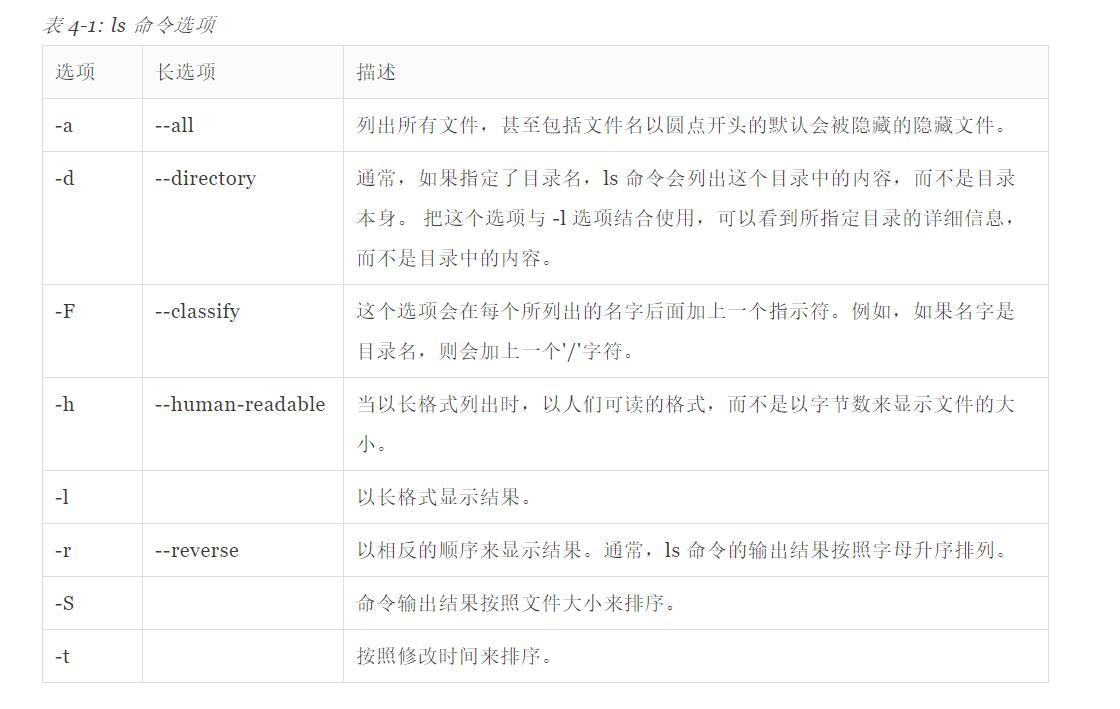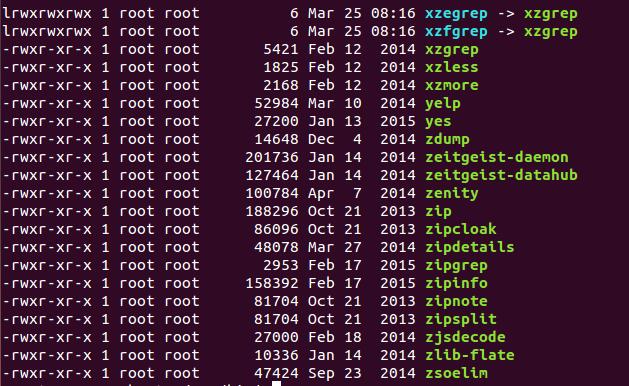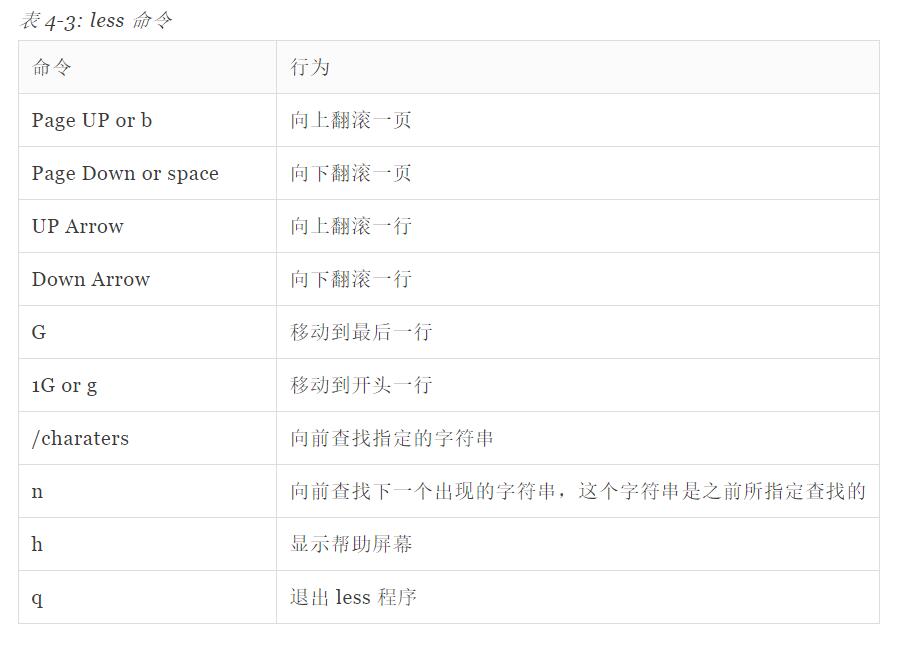learn the shell
what is the shell?
when we speak of the command line,we are really to the shell.Actually the shell is a program that takes keyboard commands and passes them to the opreating system to carry out.
Now I start the virtualizer, I use the Ubuntu ,its version number is 14.04.2.I get in a graphical user interface,press ctrl + alt + F1(To switch from one virtual console to another, press Alt and F1-F6. To return to the graphical desktop, press Alt-F7.)
Now you can see
ubnutu login:
Password
Enter your user name,and your password. you should know that the password input will not be displayed
And you can see
user_name@ubnutu:~$
this is called a shell prompt
here are some knowledge points:
- If we press the up-arrow key ,we can see the command history
- we cannot use
Ctrl-candCtrl-vto perform copy and paste inside a terminal window.But when we choose something,we can press the middle mouse button ,which will cause the text to be pasted at the cursor location - a few simple commands:
-
date:to display the current time and date.
username@ubuntu:~$ date
Tue Mar 27 21:43:03 PDT 2018 -
cal:to display a calendar of the current month.
-
df:to see the current amount of free space on your disk drives
-
free:to display the amount of free memory.
-
- We can end a terminal session by either closing the terminal emulator window, or by entering the exit command at the shell prompt
文件系统中跳转
首先我们先了解几个概念
- pwd-打印出当前工作目录名
- cd -更改目录
- ls - 列出目录内容
Linux,以分层目录结构来组织所有文件。 这就意味着所有文件组成了一棵树型目录(有时候在其它系统中叫做文件夹), 这个目录树可能包含文件和其它的目录。文件系统中的第一级目录称为根目录。 根目录包含文件和子目录,子目录包含更多的文件和子目录
绝对路径
绝对路径开始于根目录,紧跟着目录树的一个个分支,一直到达所期望的目录或文件。
相对路径
相对路径开始于工作目录。 为了做到这个(用相对路径表示), 我们在文件系统树中用一对特殊符号来表示相对位置。 这对特殊符号是 “.” (点) 和 “..” (点点)。
符号 “.” 指的是工作目录,”..” 指的是工作目录的父目录
在几乎所有的经情况下,我们都可以省略./ 例如:
cd /usr/bin //绝对路径
cd ./bin //相对路径
cd bin //相对路径省略./
这些的效果都是一样的
有用的快捷键
cd 更改工作目录到家目录
cd - 更改工作目录到先前的工作目录
cd ~user_name 更改工作目录到用户家目录
ls -a 显示以“.” 字符开头的隐藏文件
一些注意事项:
- 文件名和命令名是大小写敏感的
- 文件名的标点符号仅限用
.,-,_。不要在文件名中是用空格,如果想表达词语的空格,用下划线字符来替代
探究操作系统
选项和参数
大多数命令是按照以下格式
command -options arguments
命令名 + 更正命令行为的选项 + 参数
下面我们给出ls命令的选项

长格式输出
当我们在在某个目录下输入
ls -l
我们可以看到
(ls -l)
依次表达的意思是
对于文件的访问权限
文件的硬链接数目
文件所有者的用户名
文件所属用户组的名字
字节数表示文件大小
最新修改日期
文件名
这些具体的含义我们会在之后的章节中学到
确定文件类型
我们调用
file filename
命令去确定文件的类型
用 less 浏览文件内容
less 命令是一个用来浏览文本文件的程序。
通过less filename来使用
当我们查看文件系统的时候 我们可以使用一下的命令
